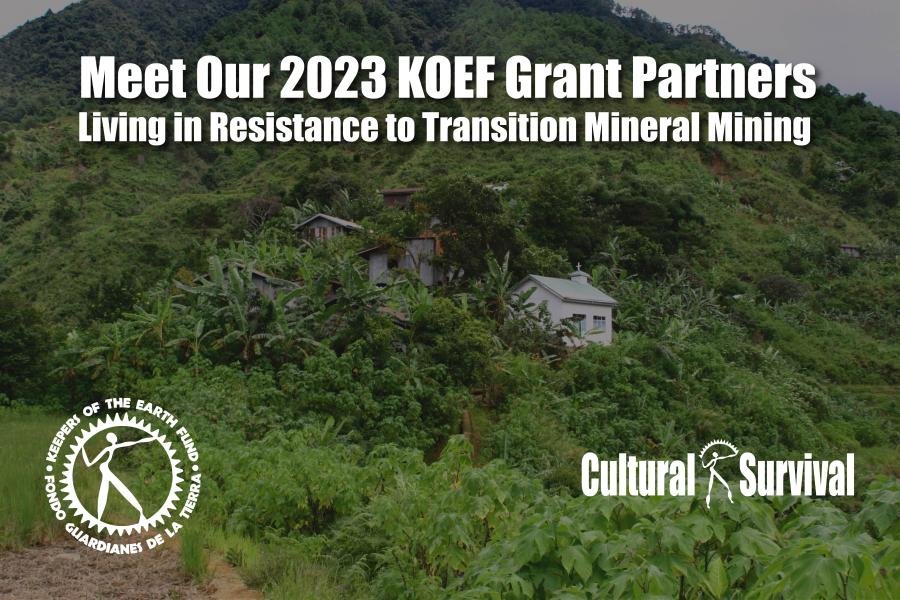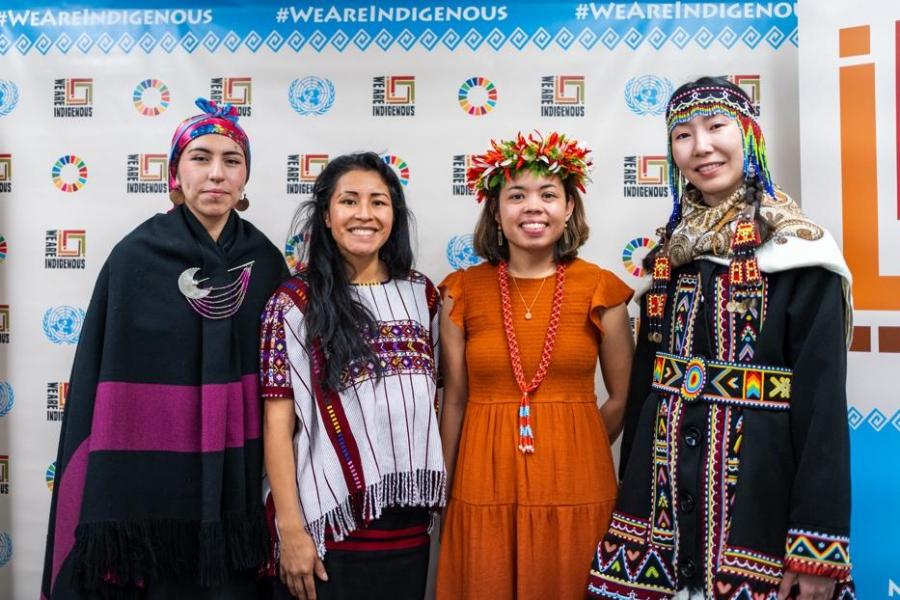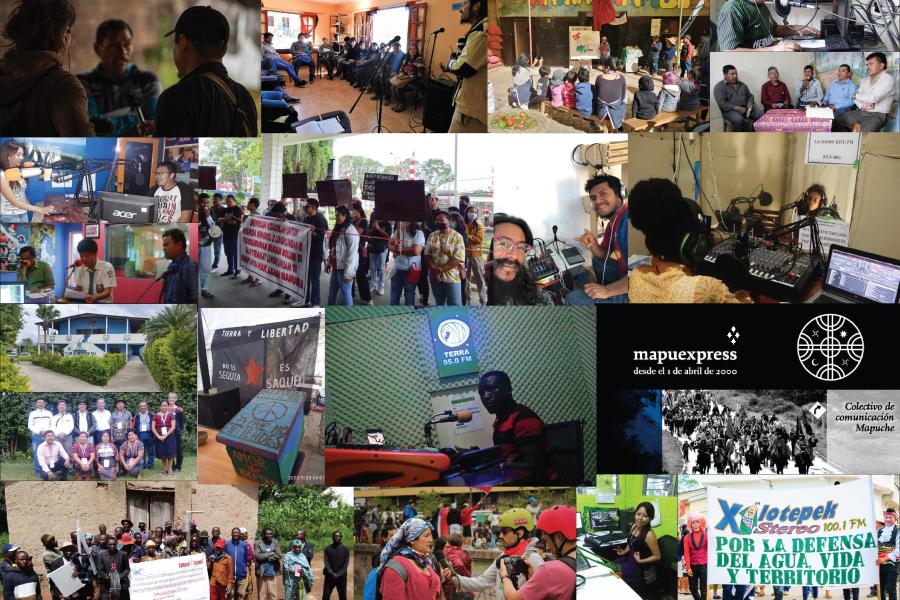In the shadow of the tenth anniversary of September 11, 2001, many people failed to recognize another significant event. Four years ago, on September 13, 2007, the United Nations General Assembly signed into existence the UN Declaration on the Rights of Indigenous Peoples (UNDRIP).
 The adoption of this declaration spanned and encompassed continents and has become a universal agreement for Indigenous Peoples rights and a blueprint for how Indigenous People worldwide should be treated. Meticulously detailed and crafted, the UNDRIP seeks to affirm and empower people who for centuries have systematically faced genocide and have continually experienced human rights violation.
The adoption of this declaration spanned and encompassed continents and has become a universal agreement for Indigenous Peoples rights and a blueprint for how Indigenous People worldwide should be treated. Meticulously detailed and crafted, the UNDRIP seeks to affirm and empower people who for centuries have systematically faced genocide and have continually experienced human rights violation.
As Indigenous Peoples, our voices finally became quite clear through the 46 articles within the declaration. These articles were created specifically to protect our lands, languages, traditions and cultures and our right to self-determination as Peoples. Yet, Indigenous Peoples still need to advocate for UNDRIP's complete implementation.
Extractive industries and human rights violations continue to plague us and we must be ever vigilant and assertive of our rights. This is nothing new for us. For centuries, Indigenous Peoples have struggled to keep safe the affirmations of life that matter most to us: harmony, respect, relationships, hope, and dignity.
For many who are not Indigenous, these are abstract and untenable values that are not considered where corporate or government interests are concerned. We must remind these people. We must remind them that these are values we have written into UNDRIP and we intend to have them nurtured and brought to life at every opportunity.
As this fourth anniversary of UNDRIP unfolds, Cultural Survival asks its members to think about ways in which we all, as human beings, might further these life-affirming values.
We ask that you stand behind the message that Cultural Survival continues to send: we are all part of the human community and inextricably linked. The importance of UNDRIP's vision is simple, yet profoundly necessary for the sustainability of communities everywhere.
Suzanne Benally (Navajo and Santa Clara Tewa)
Executive Director



